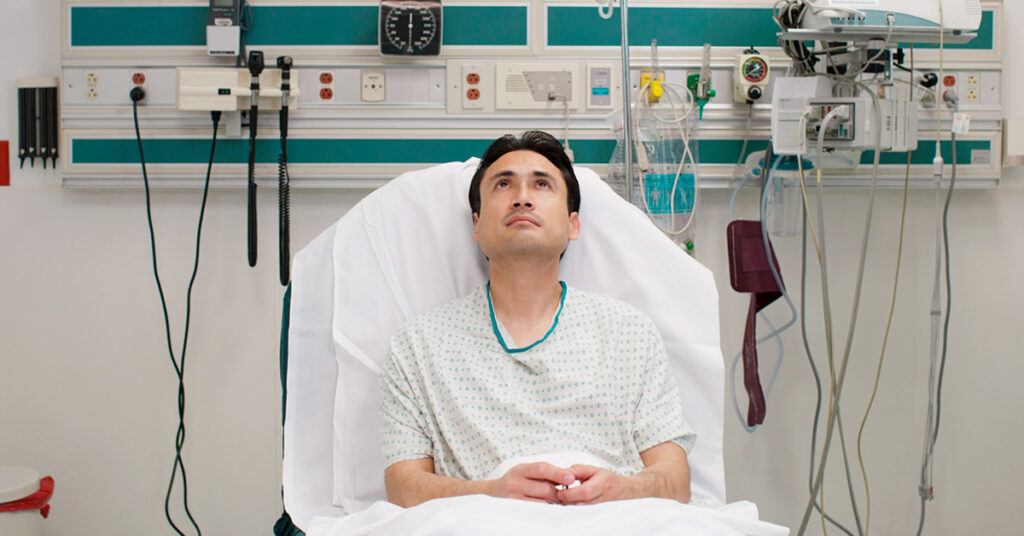Symptoms of chronic bacterial prostatitis (CBP) include pain in the lower abdomen, pelvic area, and groin. The condition may also cause difficulty urinating. Urinary retention and kidney damage may also occur, and a catheter may be used to relieve the pain. If you have any symptoms, see your health care provider. You may also be prescribed antibiotics to treat the infection. A urine sample may be taken and sent to a lab for culture. The bacteria in your urine will be examined with a microscope to confirm the diagnosis.
The National Institute of Health conducts research on prostatitis. Researchers are working to discover a cause of the condition and to develop prevention and treatment strategies. The most common cause of CBP is a bacterial infection. Several other conditions can also contribute to signs and symptoms of prostatitis.
Men who have UTIs (urinary tract infections) or nerve damage in the lower urinary tract are more likely to develop CBP. Chronic bacterial prostatitis may be caused by bacteria traveling from the urethra into the prostate. This causes the prostate gland to swell and become inflamed. The infection may also be caused by chemicals in the urine. If the infection is not treated, it may lead to recurrent infections.
Bacterial prostatitis is a common condition, which affects approximately 30% of adult men. The symptoms of prostatitis are usually not severe, but they can impact the quality of life of men who suffer from the condition. The condition is usually treated with antibiotics, which must be taken for a full course. Some men may also require surgery to remove scar tissue in the urethra. The prostate gland may be large and slow the flow of urine.
The condition is most often bacterial, although it can also be non-bacterial. Some men with non-bacterial prostatitis may be cured by taking alpha blockers, which relax the bladder muscles near the prostate. A plant-derived product called quercetin may also be effective. Other treatments may include sitz baths, allopurinol, and pentosan polysulfate. A urologist may also recommend stool softeners and increased liquid intake.
Chronic bacterial prostatitis is characterized by chronic infections that are recurrent and persistent. There may be a link between eating and prostatitis, but the exact relationship is not clear. Antibiotics are used to treat a bacterial infection, but they cannot enter the prostate tissue. In many cases, the bacteria that cause CBP form biofilms. These biofilms can block the drugs from reaching the prostate, and can cause recurrence.

Bacterial prostatitis can be treated by a urologist, who may recommend a low dose of antibiotics for up to six months. Some men will need a catheter to help relieve the pain. Other treatment options include sitz baths and transurethral microwave thermotherapy. Depending on the type of prostatitis, a urologist may prescribe a combination of antibiotics and other medications. If the infection continues after treatment, the urologist may recommend surgery.
Chronic bacterial prostatitis (CBP) is a condition that affects about five to 10 percent of all cases of prostatitis. Some men with CBP have a high risk of developing a second infection. This may be due to antibiotic resistance in pathogenic bacteria.